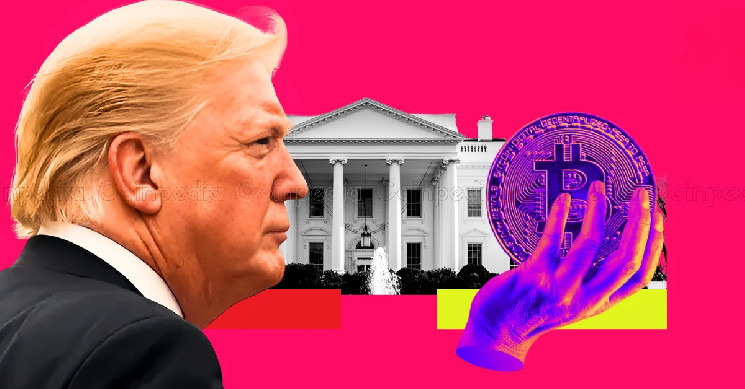U.S. President-elect Donald Trump’s cryptocurrency strategy is becoming clearer following his announcement of a designated White House Crypto Czar and the appointment of a new securities regulatory body. In a recent interview at the NYSE, Trump announced plans for a U.S. crypto reserve as he aims to do something great with the crypto space.
Trump Wants the US as Global Head
President-elect Donald Trump announced his ambitious plans for a U.S. crypto reserve, akin to the Strategic Petroleum Reserve, during his visit to the New York Stock Exchange (NYSE). Trump, who also had the honor of ringing the opening bell to commence today’s trading, outlined his vision against the backdrop of being named Time magazine’s “Person of the Year” for the second time.
In an interview with Jim Cramer, “We’re gonna do something great with crypto,” Trump asserted in his address. “We’ll need a lot of electricity. We will become leaders in this sector.”
Trump said, “We don’t want China, or anybody else… others are embracing it, and we want to be the head.” Trump also wants to dominate the AI field as his statement shows confidence in making the United States as a leader.
Trump seemed to fulfill his campaign promise of being a “crypto president” by appointing former PayPal executive and crypto proponent David Sacks as the “White House A.I. & Crypto Czar.” He previously announced his intention to nominate pro-crypto Washington attorney Paul Atkins as the head of the Securities and Exchange Commission.
BREAKING: 🇺🇸 President-elect Donald Trump says, “Will be doing something great with crypto.”
pic.twitter.com/47TFh8j7NM— Bitcoin Magazine (@BitcoinMagazine) December 12, 2024
The President did not lay out specific policies or timelines but mentioned that detailed plans would be discussed with industry leaders and policymakers in the coming weeks
While leaders in the crypto industry are excited about the new appointments, saying they could reverse the strict policies of the Biden administration and encourage innovation, some analysts in Washington are concerned.
They point out that the creation of a new position, the crypto czar, introduces some uncertainty about who will actually be in charge of crypto policies and raise the possibility of conflicts in policy-making.

